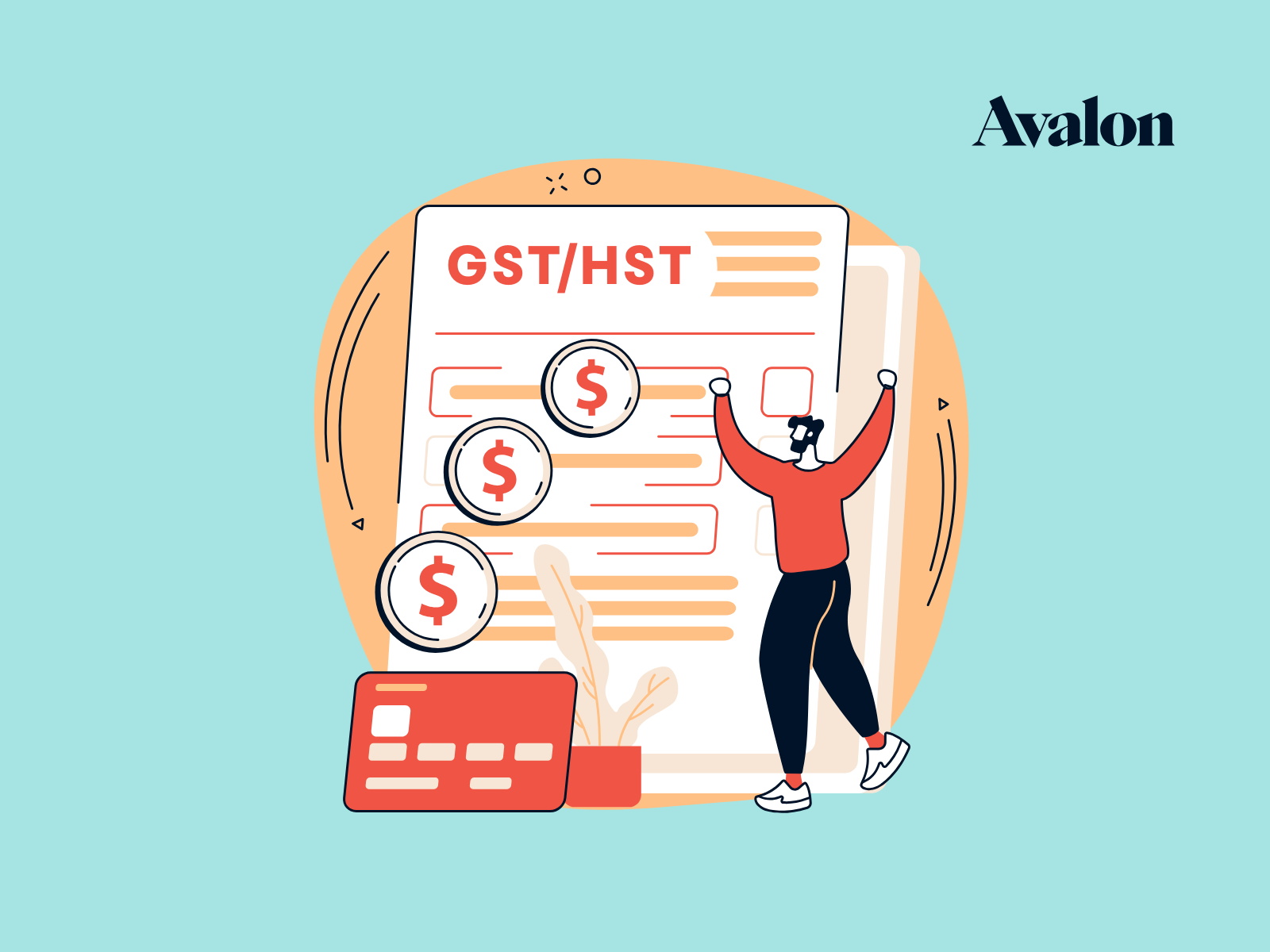CSRS 4200 - New Compilation Engagement Standards are Coming
Coming soon (December 2021), your Notice to Reader financial statements will undergo some pretty significant changes. This article will explain those changes and what it means to you as a business owner.
What are the current standards?
Currently there are three types of engagements for issuing financial statements:
1. Audit Engagement
- This is a more detailed process to provide greater assurance that everything has been reported in lines with current accounting standards
- Required for any publicly traded company
- This is labour intensive and is the most expensive for a business.
2. Review Engagement
- Not as extensive as an audit, but still goes into some detail to make sure nothing is significantly out of line with current accounting standards
- Often required by banks
- Less expensive than an audit, but more than a Notice to Reader / Compilation
3. Notice to Reader (Compilation Engagement)
- Simple set of financial statements prepared for small business owners and management
- Is not required to follow specific accounting standards
- Least costly option for businesses
What are the changes?
The standard “Notice to Reader” financial statements most small businesses have been using for the past 20+ years will be replaced with a “Compilation Engagement Report”.
Not only will the name of the report change, but also the disclosures as management is now responsible for approval of the financial statements and for determining the basis of accounting.
Check out CPA Canada’s resources on CSRS 4200.
Basis of Accounting
Since Notice to Reader (Compilation Engagements) are not required to follow specific Canadian accounting standards, there have been a wide range of methods used to prepare financial statements. This has made it difficult for users of the financial statements to compare the financial health of different companies if they all use different methods.
Under the new regulations, the basis of accounting will be specified. This is done to help financial statement users understand how the statements were prepared.
Some examples of common bases of accounting include:
- A cash basis - this would be strictly what has been in and out of the bank, with no timing adjustment for accounts payable (AP) or accounts receivable (AR)
- A cash basis with selected accruals - mainly cash basis but with accruals and estimates for amortization as well as trade payables and receivables.
- Specified basis - A basis of accounting specified in a shareholder agreement or in a creditor agreement.
When will it change?
The new standards must be used for all financial statements with periods ending after December 14, 2021.
It is also possible for the new standards to be used sooner, however financial statement preparers must use the new standards for all of their clients. Therefore it is likely that most firms will wait until December 2021 to start implementing the new standards.
What does this mean for you, as a business owner?
1. Your accountant will need to ask you a few more questions including:
- Who are the intended users of the financial statements (e.g. management, banks, investors, creditors, etc)?
- What basis of accounting would you like to use in your financial reports
- Whether third party users of the statements are able to request and obtain further information.
- Whether any third party financial statement users have agreed on the basis of accounting chosen by management.
2. Engagement Letter
- You will receive a different looking engagement letter with the updated standards.
3. Accounting Fees
- As a result of the increased documentation, it is possible that accounting fees will increase for the preparation of year ends.
4. The Financial Statements
- Will no longer be called “Notice to Reader” but will be titled “Compilation Engagement Report”
- Will require you, as management, to sign off and take responsibility for the final version of the financial information
- Will include note disclosure for the basis of accounting chosen by management
What does this mean for your investors and creditors?
- The basis of accounting may need to be updated as the current basis may no longer be acceptable.
- The financing agreement that previously required “annual Notice to Reader financial statements” will need to be updated to reference the new standards or another type of engagement.
- As a result, it may be a good idea to touch base with your lender before the changes occur to update the wording of agreements so that you remain onside with any of their requirements.
At Avalon, we are preparing for the update with all of our year-ends after December 14, 2021. We’ll be taking steps to collect necessary information before that date so that the transition is as smooth as possible!
If you have any questions about the new standards, please reach out!












